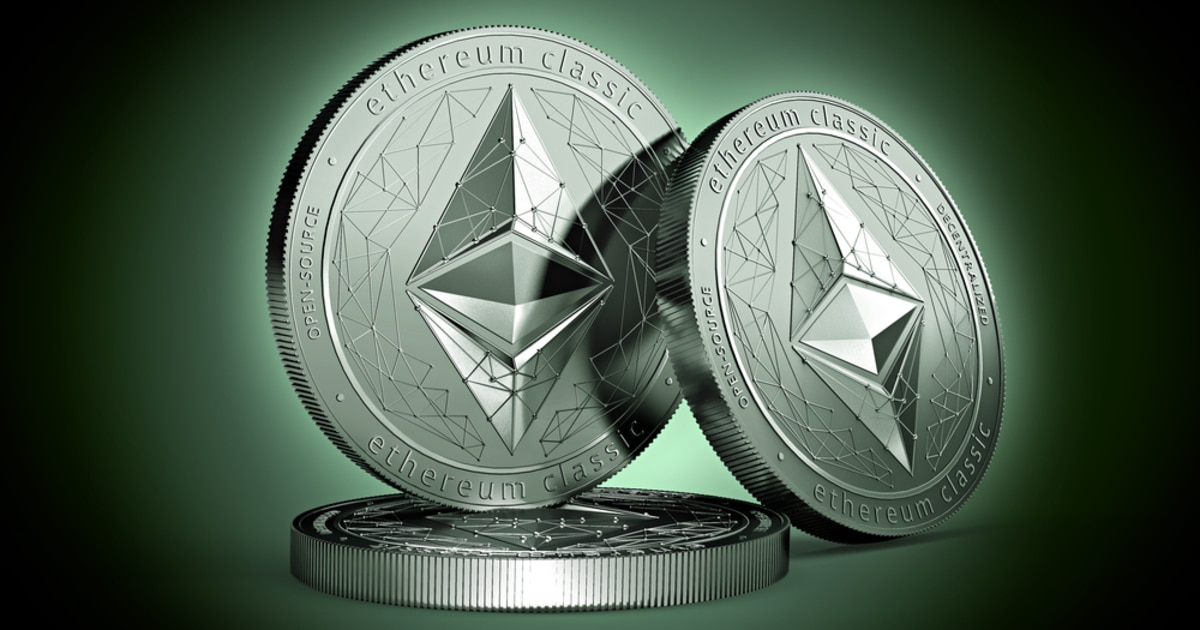Ethereum All Core Developers Consensus Call #128 outlines Electra upgrade, Dencun activation, reward adjustments, and light client support enhancements for March 13, 2024, promoting network economics and continuous improvement.
In a gathering on February 22, 2024, Ethereum’s core developers held their 128th All Core Developers Consensus (ACDC) call. The bi-weekly meeting, chaired by Danny Ryan, an Ethereum Foundation researcher, serves as a collaborative platform for discussing and planning the network’s consensus layer changes.
Electra Upgrade Agendas
Central to the meeting was the Electra upgrade, a concerted effort to refine Ethereum’s infrastructure. Three Ethereum Improvement Proposals (EIPs) were agreed upon for inclusion: EIP 6110, designed to provision validator deposits on-chain; EIP 7002, facilitating execution layer triggerable exits; and EIP 7549, which aims to segregate the committee index from attestations. The developers also considered EIP 7547, related to inclusion lists, which could be included in the Electra upgrade if it meets the criteria for ease of implementation.
Imminent Dencun Upgrade Rollout
All Ethereum clients, barring the Lodestar client, have rolled out their final versions in preparation for the Dencun upgrade. The Ethereum Foundation’s DevOps Engineer, Parithosh Jayanthi, reported the successful launch of the final mainnet shadow fork for Dencun, signaling a stable transition. With the mainnet activation date announced for March 13, 2024, developers are confident in a smooth rollout, further supported by the Flashbots team’s planned release of a Dencun-ready MEV-Boost software update.
Debate Over Issuance Curve Adjustment
The meeting also featured a proposal from EF Researcher Ansgar Dietrichs calling for a 30% reduction in staking rewards issuance. This recommendation stems from concerns about the high staking ratio’s impact on network load, ETH value dilution, and dependency on third-party protocols for security. While the proposal’s technical implementation is straightforward, its ramifications warrant thorough discussion within the community.
Enhancing Light Client Compatibility
The call highlighted Etan Kissling’s proposal to update execution layer serialization formats to Simple Serialize (SSZ), aligning with the consensus layer and bolstering light client development. This initiative is vital for nodes operating with minimal computational resources, ensuring a more inclusive and efficient network.
Conclusion
The ACDC call #128 signifies a proactive approach to Ethereum’s development, with the Electra upgrade shaping to be a critical milestone. The discussions around issuance curve adjustments underscore the community’s focus on sustainable and efficient network economics. As Ethereum continues to evolve, these upgrades and proposals are set to enhance its infrastructure, ensuring its long-term viability as a leading blockchain platform.
Image source: Shutterstock
